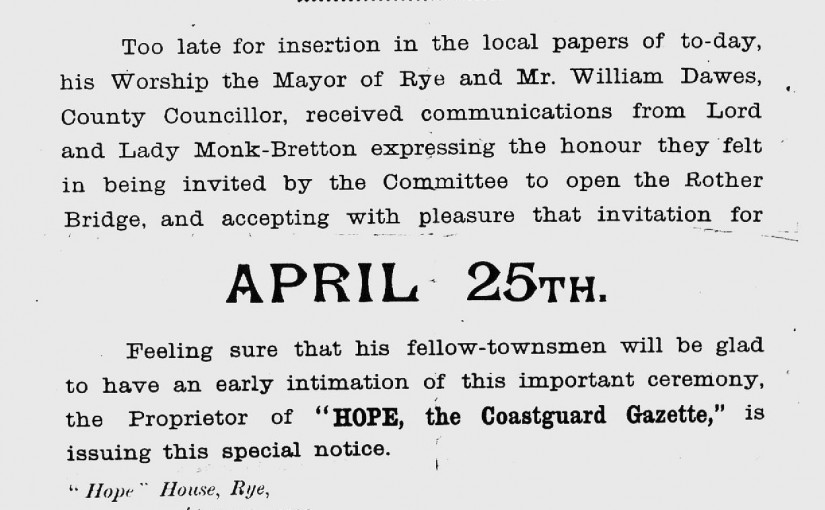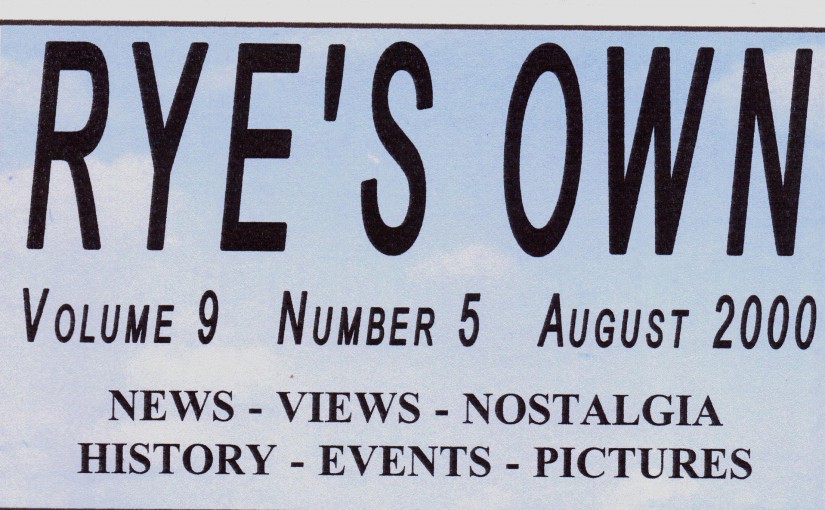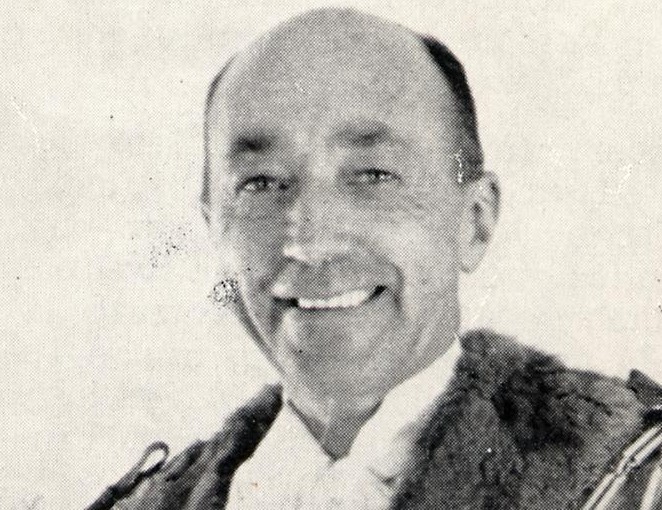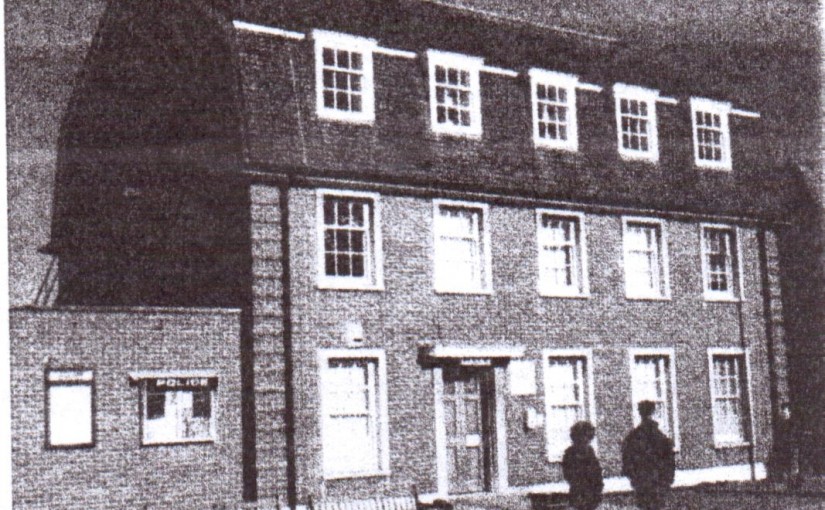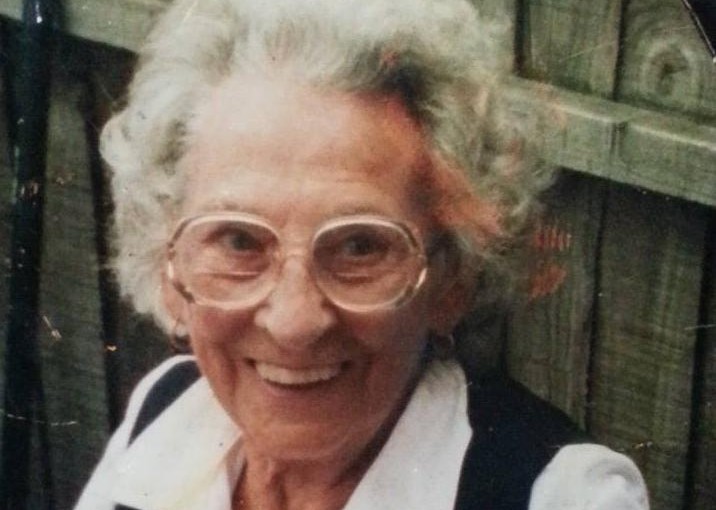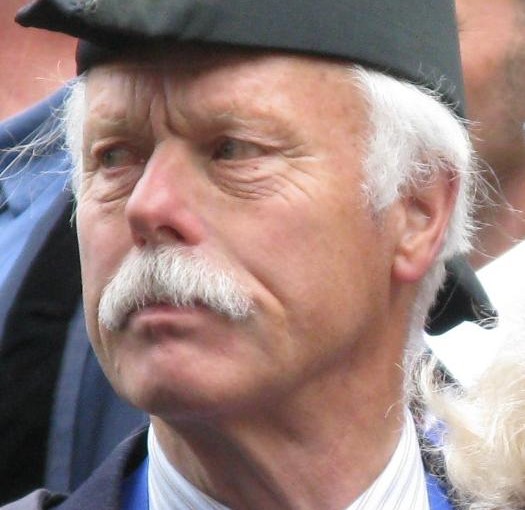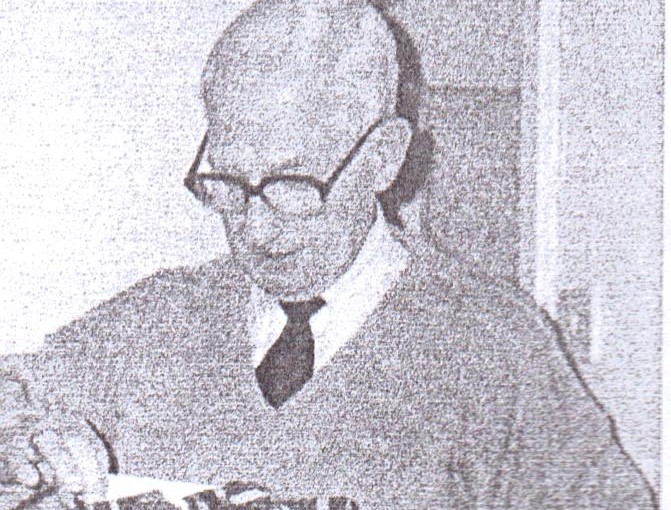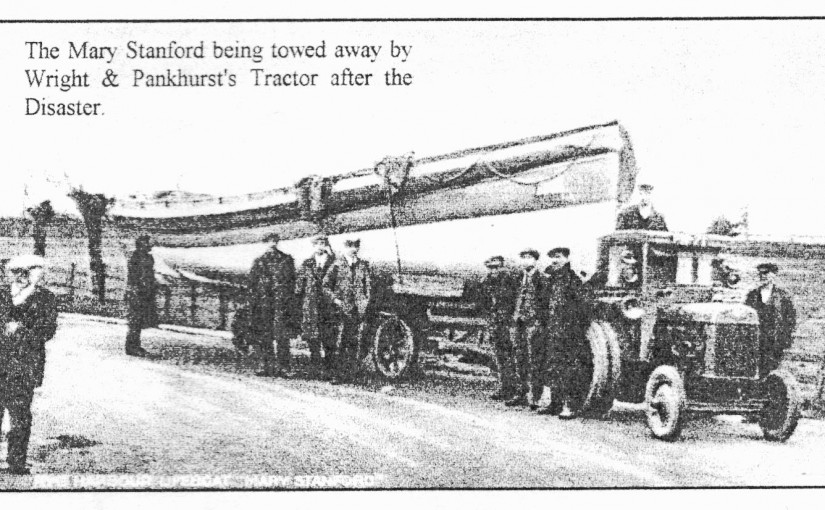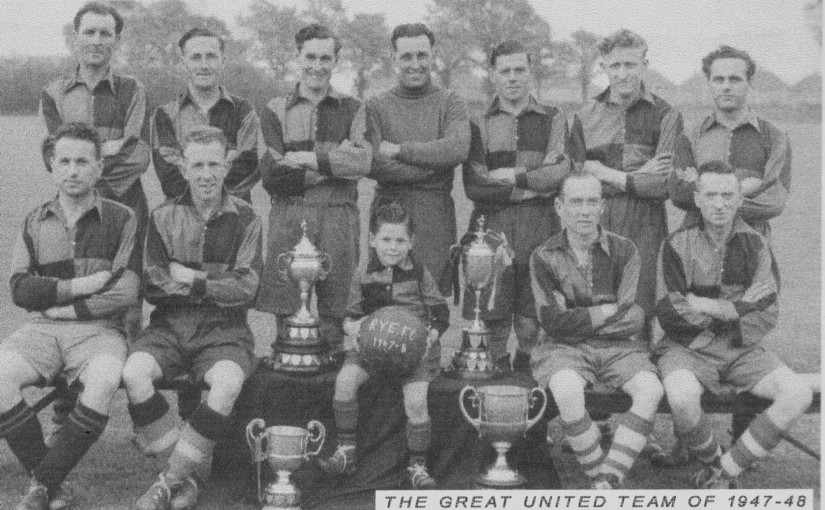Police Station is Closed at Night
By The Editor
I am reliably informed that the total police strength in 1965 was little different than it is now. If this is the case then I have a question to put on behalf of the people of Rye. Why is our police station closed at night and weekends? It seems reasonable to suppose that if a staff of fifty or so officers that policed Rye and the immediate villages could manage round the clock patrols 24 hours a day and 365 days a year in those days it would surely be even easier to mount a similar secure system with the aid of all the modem equipment available to the 21st. century force.
I went along to the Rye Police Station to put this question, unfortunately they were closed. From what I can gather it seems there are vety few police based on Rye now, they have all gone to Hastings but, we are assured, can be rapidly deployed to Rye when required!
The fact that Rye ratepayers contribute a higher rate than almost anywhere in the country and thereby pay a larger portion of police wages per head than most cuts no ice. The new ‘Shopwatch’ system which has been introduced in conjunction with the police is working well but when you consider that all participating shops have to pay £25 to get the system and about another £40 a quarter for the running costs it all seems rather unfair. Local businesses are paying twice. This unnecessary expense, caused solely by poor direction from central government and ‘bright spark’ ideas that do not work, should be offset by an equivalent reduction of shopwatch operatives business rates.
Lets have some common sense from above, computers don’t make arrests. Get the men back on the beat and show the uniform. Prevention is better than cure. If there are enough uniforms on the streets there will be far less crime to investigate and record in the data banks. Observation by men is far more effective, a computer has no brain.
Last summer a lady in a wheelchair went over the side of the Strand Quay into the mud, the tide was out. For the next 30 minutes rescue services poured onto the scene. The fire service and ambulance arrived very swiftly, then came five police vehicles, the fire officer, the Sea Doc, the Coastguard, Lifeboat Rescue. Fortunately the lady was not badly hurt and was soon lifted to safety by the firemen. In contrast to this I witnessed a similar rescue in 1966 at the Fishmarket. The difference on that occasion was only a fire appliance and ambulance attended. The man was rescued safely and when the cost of the operation was added up it must have been minimal compared with 1999. Most of the rescue services arriving at the scene in 1999 need never have been there or could have been called off. It may be there are too many ‘modern’ facilities available and the money could be spent on manpower. It may be that the police should have followed the ways of the fire service, who seem to be much better organised when it comes to requirements at the scene of an incident. Two appliances go if the shout is fire, but if the call is chimney fire, or man stuck up a ladder, only one sets out. Police cars seem to congregate in groups at any road, fire of unusual incident. What is the reason for this?
These opinions are a general reflection of what Rye people are saying. Ask them if they are satisfied with Rye Fire Brigade and you will get an emphatic yes, but ask them if they are happy with the way this town is policed and the answer is invariably no. Its time someone got the message. Rye needs what it pays for, proper police cover day and night and a real policeman at the station to talk to as in days gone by.
“Rye’s Own” July 2000
All articles, photographs and drawings on this web site are World Copyright Protected. No reproduction for publication without prior arrangement. © World Copyright 2015 Cinque Ports Magazines Rye Ltd., Guinea Hall Lodge Sellindge TN25 6EG
